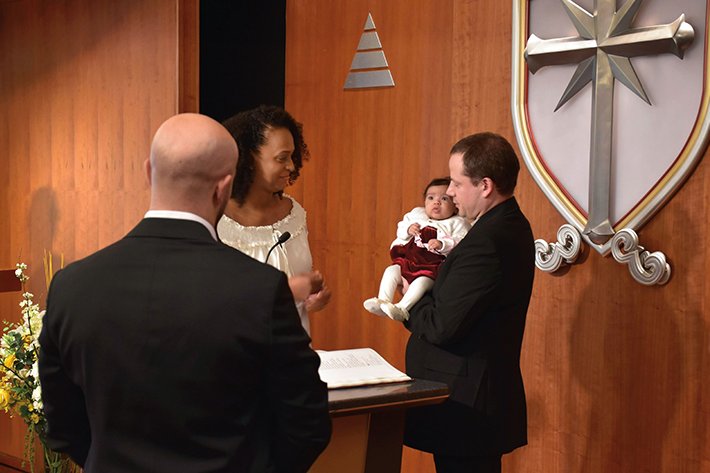A 10-year Gallup study offers new perspectives on the connection between religion and one’s well-being, providing the latest evidence that a commitment to religious faith or spirituality has a positive impact on everything from emotions and social life to optimism and community engagement.

Titled “Faith and Wellness: The Worldwide Connection Between Spirituality & Wellbeing,” the report is based on global data collected from 2012 through 2022 across 152 countries and territories.
According to the report, released October 10, prevalence of negative emotions—including sadness, worry, stress, and anger—has reached its highest point in over a decade of tracking this on a global scale.
Gallup conducted the study in collaboration with Radiant Foundation, an organization that advocates for a positive perspective on religion and spirituality and is affiliated with the Church of Jesus Christ of Latter-day Saints.
The survey focuses on data pertaining to several facets of people’s lives, ranging from their ability to cope with life and their sense of purpose to their faith-based social connections, community engagements and workplace support.
Compared with the nonreligious, the report finds that an estimated 200 million religious people across the planet welcome opportunities to meet others—an outcome that appears to have clear benefits.
“Approximately 100 million more people who identify as religious have others they can turn to in times of need than would be the case if they were not religious,” the report states.
Individuals who prioritize religion in their lives exhibit notably higher scores on Gallup’s Civic Engagement Index, a measure of people’s willingness to volunteer their time and support to others: 35.8 percent of the religious respondents compared with 31 percent who are not religious.
The study also found that compared with nonreligious people, religious respondents reported experiencing greater joy and smiling or laughing frequently. The religious also considered they were treated with respect, “learned something,” and felt well rested.
Further, people of faith did much better than nonreligious individuals on the “optimism index” designed to measure respondents’ projections of their lives and local economies over the next five years.
_______________
From its beginnings, the Church of Scientology has recognized that freedom of religion is a fundamental human right. In a world where conflicts are often traceable to intolerance of others’ religious beliefs and practices, the Church has, for more than 50 years, made the preservation of religious liberty an overriding concern.
The Church publishes this blog to help create a better understanding of the freedom of religion and belief and provide news on religious freedom and issues affecting this freedom around the world.
The Founder of the Scientology religion is L. Ron Hubbard and Mr. David Miscavige is the religion’s ecclesiastical leader.
For more information, visit the Scientology website or Scientology Network.


